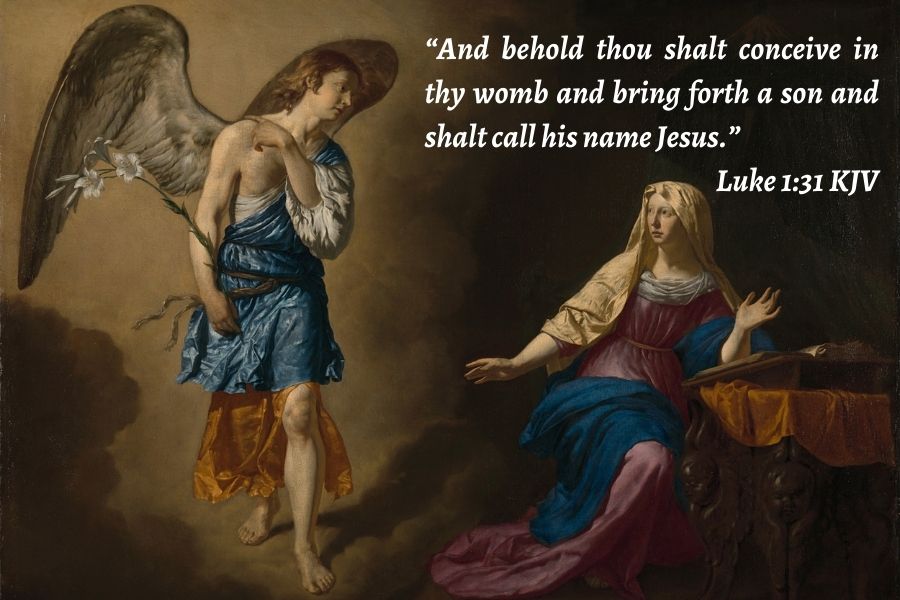The Reason That We Sing
“O come, let us sing unto the Lord; let us make a joyful noise to the rock of our salvation.” (Psalm 95:1 KJV).
The Word of God speaks a lot about singing. That is because God created us to sing. Singing is a part of the human experience. It is part of human expression. All people from all nationalities sing. The unredeemed sing. But there is no singing that can compare to the song of the redeemed!
There are a multitude of ways to express gratitude toward the Lord and one of those ways is singing. The Book of Psalms is a compilation of ancient songs (and prayers) sung to the Lord both in public and private worship. Music flows from the heart and stirs the soul. The Lord gifts people with the talent and ability to write music and words that enables those who sing to express their thoughts and feelings to the Lord. When we sing the words that others have written, those words literally become our own! That is why music and singing is such an important part of worship.
Someone once said that music and singing tills the soil of the heart and prepares it to receive the seed of God’s Word. Praise and adoration to the Lord expressed through singing invites His Presence to be manifested. (Psalm 22:3).
The beauty of singing corporately together is that when we blend our voices, our voice does not have to sound perfect. Our voice blended with others becomes a part of the whole. For what the Lord is listening to is the expression of our heart, not how perfectly we sing. There is something powerful and precious when a congregation lifts their voices as one unto the Lord to give Him honor and praise! The Lord delights in hearing the songs and praises of His people!
Therefore whenever we sing, let us focus our hearts upon the One who has redeemed us and express unto Him our gratitude and joy in the salvation He has provided for us!
Let us blend our voices together and lift up His Name together in song! The scripture says that our singing does not have to be perfect. It simply asks us to “make a joyful noise” unto the Lord. When our singing is truly from the heart, It is a sound that brings Him great pleasure!James W. Black










